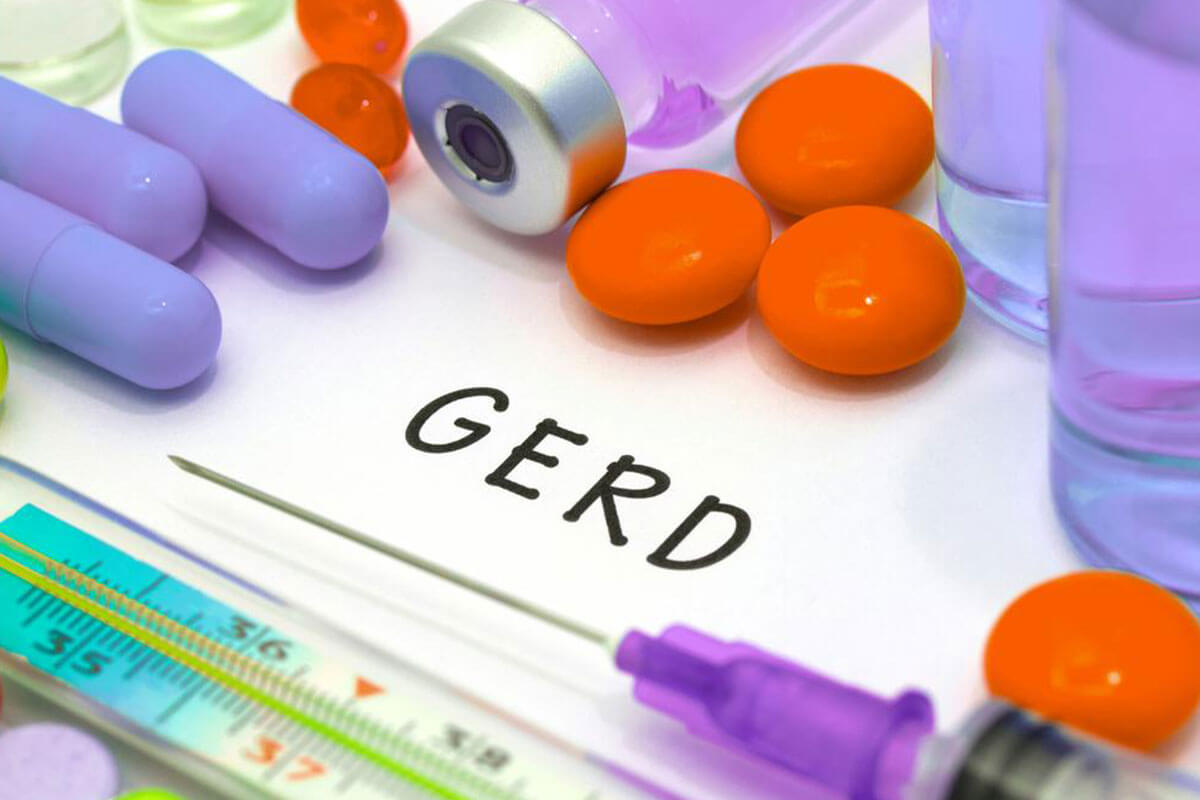Simple Lifestyle Strategies to Alleviate GERD Symptoms Effectively
Learn effective lifestyle modifications to reduce GERD symptoms naturally. Tips include maintaining a healthy weight, dietary changes, eating smaller meals, and sleeping properly. These simple approaches can significantly improve quality of life and manage symptoms better without medication. Always consult a healthcare professional for personalized advice and treatment options.

Simple Lifestyle Strategies to Alleviate GERD Symptoms Effectively
Did you know that small adjustments in your daily routine can help manage your GERD symptoms? Here’s what you can do.
Many people experience heartburn and acid reflux regularly. While these are common issues, persistent symptoms occurring twice a week or more may develop into gastroesophageal reflux disease (GERD), a chronic condition impacting digestion. GERD happens when stomach acid or contents flow back into the esophagus, causing irritation.
In the U.S., between 25-40% of adults experience some form of GERD.
Common GERD symptoms include:
Burning sensation in the chest (heartburn), sometimes spreading to the throat and leaving a sour taste.
Hoarseness or sore throat caused by acid reaching the throat.
Chest pain or discomfort.
Difficulty swallowing, even liquids like water or ice cream.
Persistent dry cough.
Regurgitation of food or sour liquids.
Sensation of a lump in the throat.
Increased saliva production.
Earaches and bad breath.
Can you manage your GERD naturally? While over-the-counter medicines can help, consulting a healthcare provider is essential for proper diagnosis and treatment. Additionally, lifestyle modifications can significantly reduce symptoms. Here are practical tips:
Maintain a healthy weight
If you're overweight, excess pressure on your abdomen can aggravate GERD by pushing stomach acid upward. Losing a few pounds through a balanced diet and regular exercise can make a noticeable difference. Always start slow and consider professional guidance to set realistic goals.
Adjust your diet
Diet plays a key role in managing GERD. Avoid spicy foods, fried items, chocolates, onions, garlic, mint, tomato sauces, sodas, and alcohol, as they can trigger symptoms. Incorporate more raw fruits and leafy greens to soothe your digestive system.
Eat smaller, more frequent meals
Large meals can increase acid reflux. Instead, opt for smaller portions throughout the day to prevent overeating and reduce pressure on your stomach.
Avoid lying down immediately after eating
Wait at least 2-3 hours after eating before lying down or going to bed to minimize reflux episodes.
Sleep with your head elevated
Sleeping inclined can help prevent nighttime reflux. Use a wedge pillow or elevate the head of your bed to keep stomach acid down during sleep.










